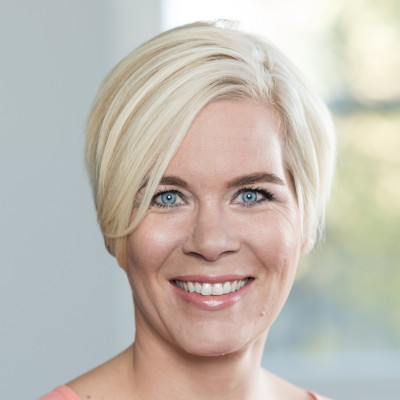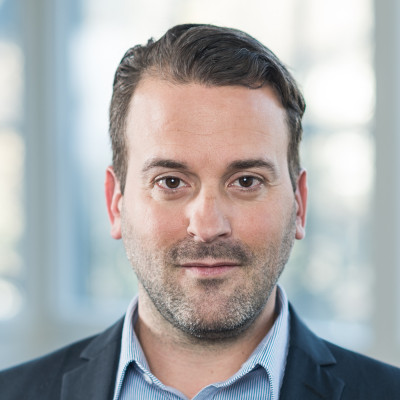What we stand for and what you can expect
As a management consulting boutique we create fast and lasting results for our clients through a custom-made and purpose driven approach. We acknowledge that people matter most in every change or optimization program. Therefore we believe, that integrating people as soon as possible into the change processes is best, so that real ownership and identification can be created right away.
People learn and understand best by doing. Therefore we believe in rapid prototyping, quick wins as well as fast learning iterations.
In order to illustrate complex facts, we break down data and figures into easy understandable models and visuals. This enables employees to understand the most important fact and figures and to grasp the situation immediately.
Our ultimative goal is to achieve a sustainable transformation and to create a learning organization that can help itself, no matter how furious the pace of change will be.
Our Transformational Strategists
We come from a wide variety of backgrounds combining different professional experiences, cultural perspectives and personal interests. We are respected for our professional experiences and our broad industries knowledge.
We are inspired by challenges and we are constantly reviewing the way we look at things. We share a passion not only in analyzing facts and figure but also by working directly with people on the shop floor to make change happen, creating immediate and lasting value for our clients.
Our Transformational Strategists work at our clients’ offices to experience their challenges and build true partnerships, from shop floor up to management.
Find out more about our team.
Our fields of expertise
Business Transformation
Transformation and change is a critical issue for most organizations. Research shows that the failure rate of change programs is at about 70-80%, many organizations are struggling. Therefore before embarking on a transformation, consider following questions: Is a major transformation necessary or will a more surgical, limited repositioning be enough? Is the current state of your organization optimal for the type of transformation you are choosing? Do you need to transform your organization before transforming the business? In many transformations we have proven that our Integrated Transformation Model has significantly increased the rate of success.
Change Management
A typical program or project starts with a group of managers defining what kind of change they want. Rollout and communication plans are developed and deployed. Miraculously after 12 weeks of high effort the change has happened and the business is fully transformed... ;) Unfortunately we don't live in a perfect world. We believe this is a hopeless undertaking. A company mindset can not just be "changed" in no-time. Mindset is culture and culture is the shadow of all underlying conditions. Culture is an image of all rituals, practices, events and coincidences . These factors and many more influence the culture of a company.
Operational Excellence
Operational Excellence enables an enterprise and its leadership to continuously improve all areas of performance, including decision-making, ongoing investment, profitability, customer and partner services and human resources capabilities. Operationally excellent enterprises possess the processes and structures that give them the systems, visibility, control, tools, and management practices necessary to drive greater effectiveness and efficiency in all areas of an organization. We beliefe that Operational Excellence helps companies to execute their business strategy more consistently and reliably and enables their employees to grow towards a learning organization.
Strategy Development & Deployment
It's not just about making a good plan: you must execute your strategy in an effective and efficient way to keep your organization competitive and viable. Strategy Development & Deployment is the process of developing and implementing the organizational vision and strategy in a systematic and structured way around simple organizational principles. We have a proven process to align your organization to work more effectively and efficiently in the same direction. The key to success lies in engaging the whole organization from bottom to top and gaining consensus on a select number of principles and goals. By aligning strategies within your organization and putting focus on what is really important, more transparency is created in both communication and employee motivation.
Data Science
Operations Science
Taiichi Ohno, the father of the Toyota Production System (TPS) and its today widely popular derivative, Lean Manufacturing, was once asked, “Why does your system work so well?”. His surprising reply, “I don’t know. I have asked some economists the same question but they have never given me a good answer. I just kept trying different things. Those that worked, I kept. Those that didn’t, I discarded.” This approach took nearly half a decade to develop what we now know today as TPS or Lean manufacturing providing only a limited set of practical mathematical structures. Good common sense and simple practices have gone a long way, however we belief that todays fast changing and complex environment requires a need for practical science describing the relationships between demand, capacity, inventory, time and variability. We belief that trial and error can be highly leveraged with the use of practical operations science and understanding of basic queuing theory in order to guide and accelerate efforts for transformations.
Lean Leadership
Leading a fit, lean organisation calls for specific skills and attitudes from its leaders. A leader in a agile environment is passionate about being lean, disciplined and dedicated to improving processes and being capable of empowering and coaching people. Lean leaders think lean, assume ownership but - most important - develop effective and respectful relationships with employees and supporting groups. A successful transformation is accomplished through regular, direct involvement of leaders on the shop floor. When upper management sets the example, durable lean success and an increasingly lean leadership mindset follows.






